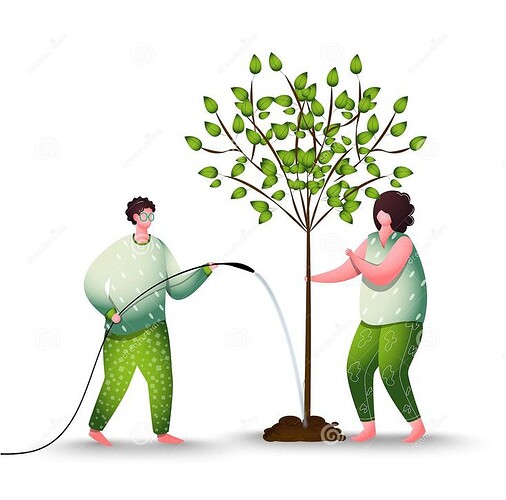Gardening can have many health benefits for people with disabilities, and can provide a source of exercise, friendship, stimulation and relaxation.
✓ With a little planning and consideration, you can create an accessible, productive and pleasant garden for people with disabilities.
✓ Equipment and garden structures need to be carefully designed and selected to accommodate people with disabilities.
✓ Vertical gardens (which make use of walls and fences) and raised containers can help make a garden accessible to people with disabilities.
✓ Gardening improves physical health and produces nutritious homegrown goodies, but its therapeutic benefits extend beyond that.
✓ From relaxation and stress relief to formal therapist-directed programs, mental and emotional wellbeing get welcome boosts along the garden path.
• Gardening skills for people with disabilities :
For people with disabilities, gardening may help to improve:
✓ Communication and social skills – From being involved in groups and community activities
✓ Fitness – Gardening is a great physical activity
✓ Confidence – Gardening helps to develop a range of new skills
✓ Wellbeing – Gardening is a great way to relax and reduce stress levels
✓ Physical ability – Through improved motor skills
✓ Nutrition – Gardening provides an opportunity to learn about healthy food
✓ Knowledge – It’s a chance to learn about the environment and nature
✓ Enjoyment of life – Gardening is a wonderful leisure activity where tasks and routines can be varied and shared.
Focusing your attention on the immediate tasks and details of gardening can reduce negative thoughts and feelings and can make you feel better in the moment. Just spending time around plants eases stress for many people. Boosts self-esteem.

